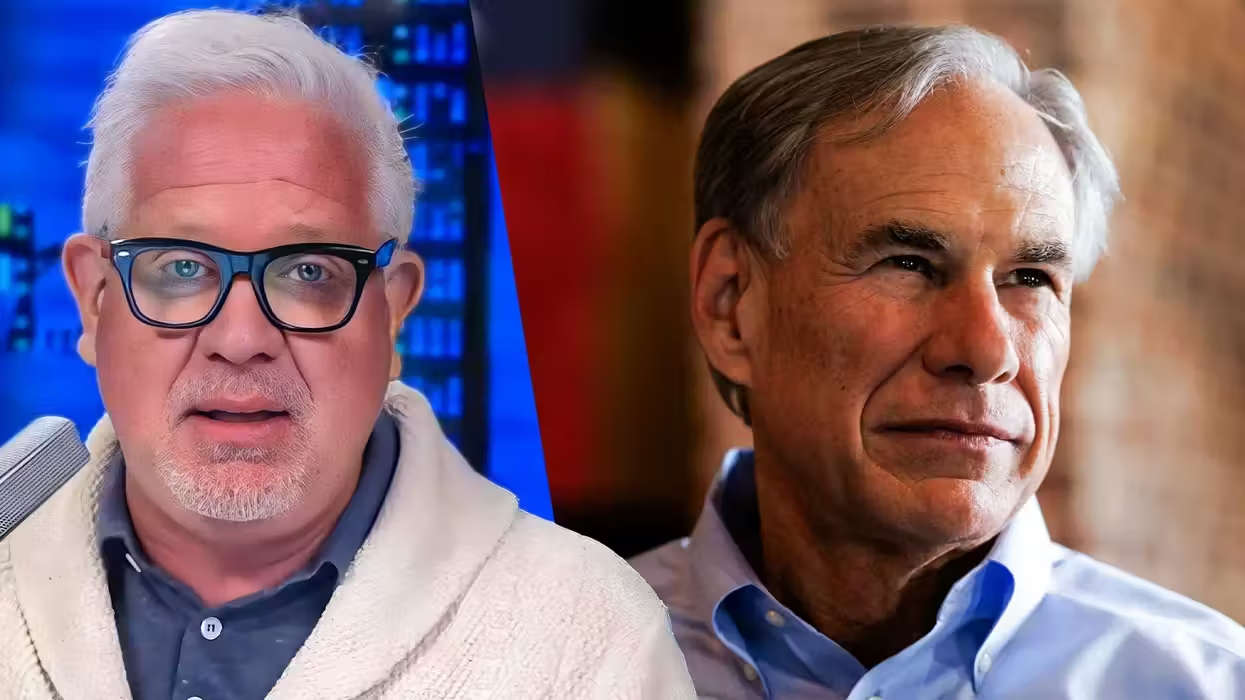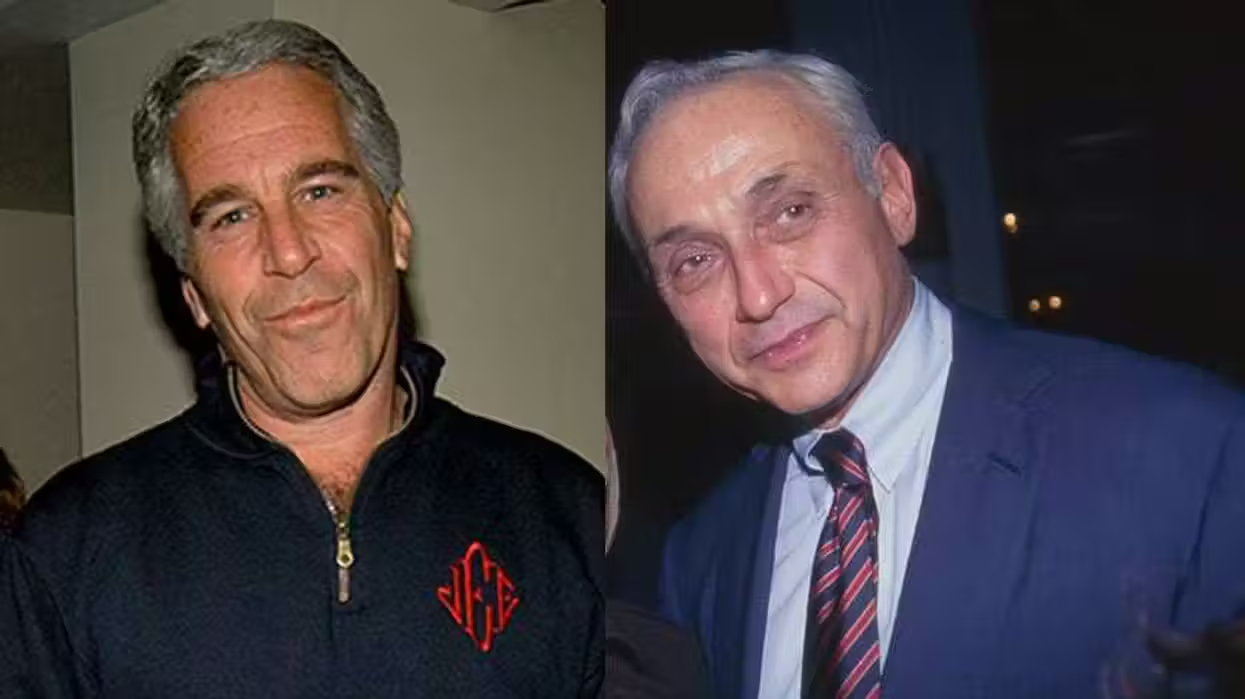
© 2026 Blaze Media LLC. All rights reserved.
"...required a more rigorous EPA peer review than occurred."
The U.S. Environmental Protection Agency's Office of the Inspector General released a statement and report yesterday saying EPA did not follow its own peer review procedures with regard to its endangerment finding. But EPA and the White House disagree with the report saying procedures were followed based on EPA's peer review handbook.
The endangerment finding was released in 2009 stating that greenhouse gas emissions are a threat to public health under the Clean Air Act and has since been the onus for new and often costly regulations on greenhouse gas emissions.
The inspector general Arthur Elkins' statement said:
We concluded that the technical support document [TSD] that accompanied EPA’s endangerment finding is a highly influential scientific assessment and thus required a more rigorous EPA peer review than occurred.[...]
We made no determination regarding the impact that EPA’s information quality control systems may have had on the scientific information used to support the finding. We did not test the validity of the scientific or technical information used to support the endangerment finding, nor did we evaluate the merit of EPA’s conclusions or analyses.
The key words here are "highly influential scientific assessment." If it is influential, as the inspector general says, then EPA should have followed the proper peer review process. If it is not highly influential, as EPA says, then the procedures the agency followed to produce the document would be acceptable.
The Huffington Post reports EPA's definition of Highly Influential Scientific Assessment (HISA):
The guidelines define a HISA as an assessment that could have an impact of more than $500 million in one year and is "novel, controversial, or precedent setting." Elkins, an attorney, argues that the finding met the requirements of a HISA, and that the EPA should have gone through additional independent peer review as a result.
The inspector general's report states that it considerers this document highly influential because "EPA weighed the strength of available science by its choices of information, data, studies and conclusions included in and excluded from the TSD." But EPA didn't consider a need for peer review, because the endangerment finding was a compilation of already peer reviewed science. In its own statement about the report, EPA said:
EPA undertook a thorough and deliberate process in the development of this finding, including a careful review of the wide range of peer-reviewed science. Since EPA finalized the endangerment finding in December of 2009, the vast body of peer reviewed science that EPA relied on to make its determination has undergone further examination by a wide range of independent scientific bodies. All of those reviews have upheld the validity of the science.
So, it has become a 'he said, she said' for both sides.
The Huffington Post also notes that EPA presented the Office of Management and Budget with a draft of the report, to which the agency was told it "reasonably interpreted the OMB bulletin in concluding that the TSD did not meet the bulletin's definition of a Highly Influential Scientific Assessment."
Perhaps the problem stems from the fact that, as the inspector general's report notes "EPA's guidance for assessing data generated by other organizations does not include procedures for conducting such assessments or require EPA to document its assessment.
But by calling out “procedural deviations,” the report provides ammunition to Republicans and industry lawyers fighting the Obama administration over its decision to use the 40-year-old Clean Air Act to fight global warming.
Sen. James Inhofe, the Oklahoma Republican who requested the investigation and one of Congress’ most vocal climate skeptics, said Wednesday the report confirmed that “the very foundation of President Obama’s job-destroying agenda was rushed, biased and flawed.”
The Associated Press contributed to this report.
Want to leave a tip?
We answer to you. Help keep our content free of advertisers and big tech censorship by leaving a tip today.
Want to join the conversation?
Already a subscriber?
more stories
Sign up for the Blaze newsletter
By signing up, you agree to our Privacy Policy and Terms of Use, and agree to receive content that may sometimes include advertisements. You may opt out at any time.
Related Content
© 2026 Blaze Media LLC. All rights reserved.
Get the stories that matter most delivered directly to your inbox.
By signing up, you agree to our Privacy Policy and Terms of Use, and agree to receive content that may sometimes include advertisements. You may opt out at any time.







